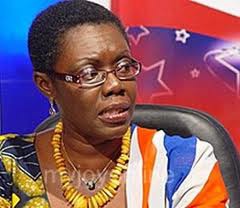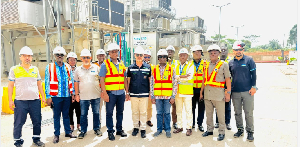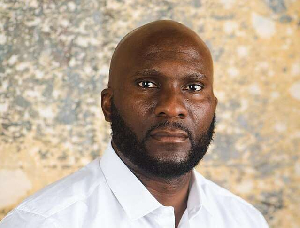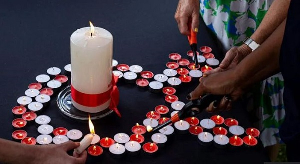NPP Member of Parliament for Ablekuma West, Ursula Owusu-Ekuful , has been left in a state of despair following the heated public backlash against the adopted proposal by the National Executive Committee (NEC) of the New Patriotic Party (NPP) to protect the parliamentary seats of women.
The affirmative action is to stop male contenders from contesting the incumbent female MPs and to empower more women to go to Parliament. But the move has generated friction within the party.
In fact, the resolution has been greeted with pockets of demonstrations by party activists nationwide. They are demanding the party’s hierarchy reconsider its decision, in spite of explanation by the NPP’s communications director that consultation would be used to win over men who want to contest those seats.
Based on these developments, the NPP MP for Ablekuma West boldly described the actions of party members as that of people who regarded women as nonentities.
Speaking on UTV’s "Adekye Nsroma", Mrs Owusu-Ekuful stated that “members of my own party are behaving as if women were of no importance when it comes to participating in decision making processes”.
Clearly irked by their actions, she wondered if “women have a future and a stake in decision making in the NPP”. As a gender activist, she wanted to know why divisions had to be all created when it comes to making decisions which would aid the participation of women in politics.
“Even before women begun to vote, blood had to be shed across the length and breadth of the world”, she said.
In 2009, Mrs Ursula Owusu-Ekuful claims the Institute of Economic Affairs inquired from the various political parties what they would do to maximum the participation of women in politics.
The various parties, according to her, pledged and signed a document to reserve “30% of seats at all levels for women”. But she claims, till date, all Ghanaians would agree that the promise simply remain on paper.
General News of Friday, 27 March 2015
Source: peacefmonline.com
NPP now treat women as nonentities - Ursula Owusu













